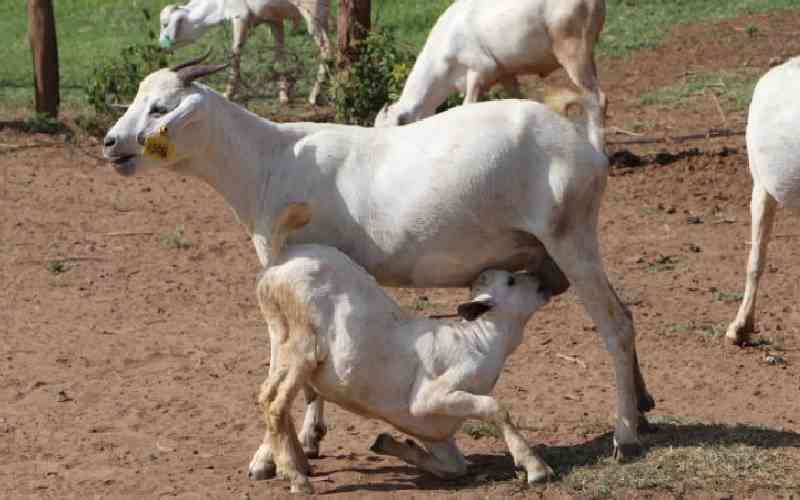×
The Standard e-Paper
Stay Informed, Even Offline

The Kenya Agricultural and Livestock Research Organization (Kalro) has donated a huge consignment of pneumonia vaccines for goats to the Taita-Taveta County Government.
Pneumonia and prolonged drought are reported to have killed dozens of goats and sheep recently in the region that boasts of 30 ranches across 1.2 million acres of land that is suitable for livestock production.